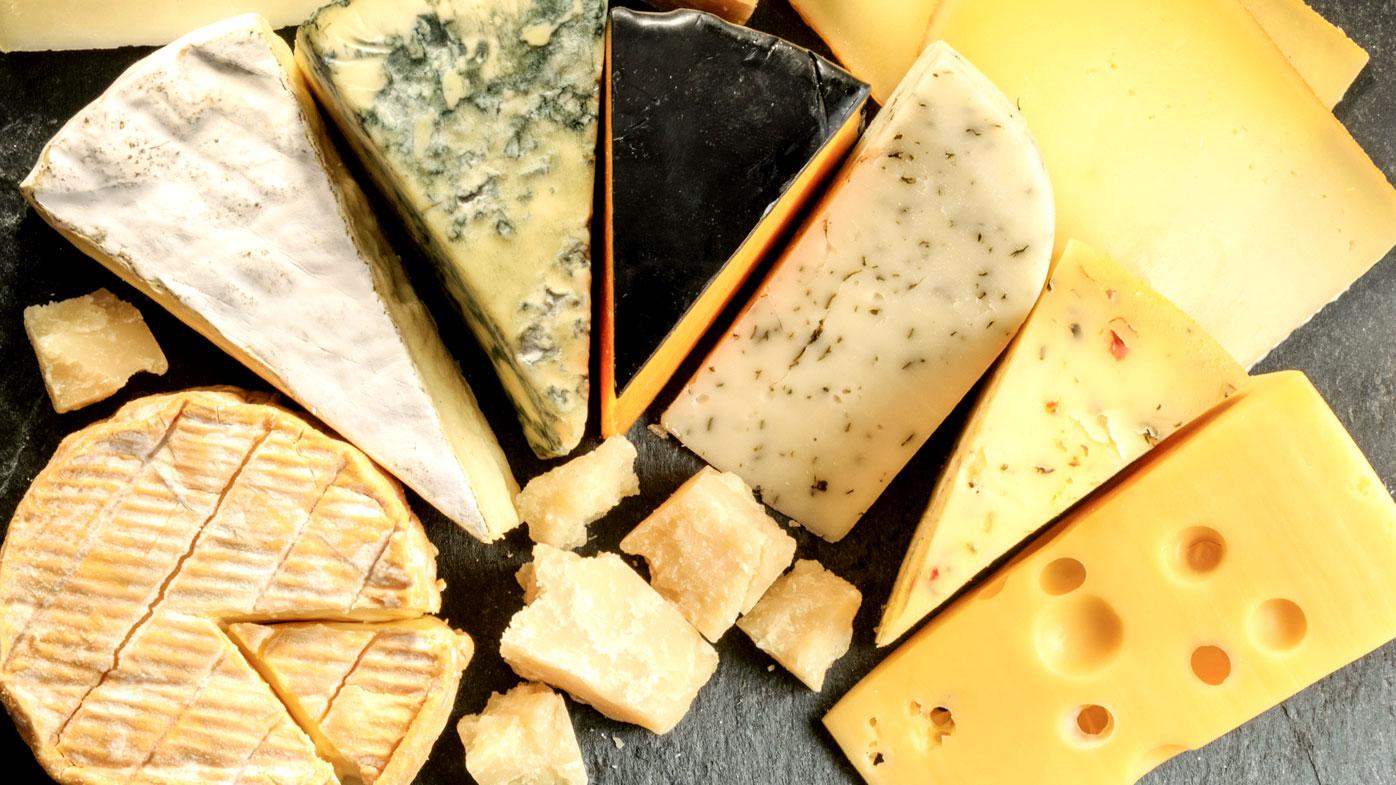How to Choose Cheese
Many of you may LOVE cheese, but do you know cheese types and how to select the best cheese?
If you’ve been to the cheese display at your local grocery store or specialty foods marketplace recently, then you probably know that there are many different types of cheeses, hailing from all different regions around the world. For many people, cheese is an essential part of their diet, while for others it is a delicious occasional snack. Cheese can be incredibly simple or it can be very complex. It can be very basic, or it can be a finely crafted delicacy.
How cheese is made?
There are four main steps in making cheese:
- Curdling: An enzyme is added to milk to help separate the liquid part of milk (whey) from the solids (curds).
- Draining: The liquid whey is drained away.
- Pressing: The curds are pressed to get rid of more whey and moisture.
- Ripening: Cheeses are kept at certain temperatures and humidity levels to age them, which give each cheese its unique taste.
Cheese Types
These fresh cheeses can include:
Ricotta
Mozzarella
Cottage Cheese
Fromage Frais
- Cream Cheese
Often, these types of cheese are not eaten on their own but used in recipes that call for cheese as a base for sauces.
Soft-Ripened Cheese – Favorites Among Gourmands: There are many different ways to eat these types of cheese. For many, simply having it with bread or crackers is perfect. However, for a fun twist, you may consider having baked Brie. These cheeses also pair well with delicate types of fruit such as apple and pear.
- Semi-Hard Cheeses – Delicious and Versatile
They often have a somewhat crumbly texture, and are terrific for melting, either for sauces or for the creation of treats such as fondue. They often have an earthier flavor than other types of cheese, as well as a particular “nuttiness”. However, they can also be sweet and salty. Often, the flavor of the cheese depends on the way that it was treated during the manufacturing process. Some semi-hard cheeses are brined using everything from wine and beer to fruit juices in order to give them a more distinctive flavor.
- Hard Cheeses – Complex and Delicious Flavor
Most people are most comfortable using the many different varieties of hard cheese that are available in their grated or shredded form, but it could be worth your while to give these cheeses a try on your next cheese platter. The flavor of these cheeses is often incredibly complex, which makes them great for mixing into meals but makes them equally delicious when served on their own. These types of cheese can also be a great option for salads or for sprinkling on other types of foods. Hard cheeses are denser, have far less moisture, and as a result of the process of creating them are often saltier than other types of cheese.
- Blue Cheese – An Unusual But Delicious Choice
Most people have heard of blue cheese, but don’t know that there are actually a wide variety of blue cheeses available to choose from. You can easily identify blue cheese by the bluish color running through them. The flavor of these cheeses is typically salty, though other flavors can range from smoky, meaty, and very pungent to faintly caramel or chocolate in nature.?
How to choose cheese?
Its aroma, origin, taste, appearance and possible pairing are all characteristics to keep in mind before selecting cheese.
- The state of the cheese
In order to know if the cheese is in a good taste, it is important to look closely at its appearance and, if possible, its smell and taste. Make sure it doesn't have any cracks. Verify that it doesn't have any dents and that it has an even color in its interior and doesn't have fungi or mold. If the cheese has a clearer color on the outer rim in comparison to its interior, it means it has not been properly cured and needs longer maturing.
- Ingredients and cheese production
It's important to know the type of milk applied in its production: goat, cow, or sheep milk etc. Make sure that raw or pasteurized milk has been applied. Check for the use of vegetarian or animal rennet, etc.
- The expiry date of the cheese
Before selecting a cheese, make sure to check the expiry date, particularly if you are purchasing a fresh or soft cheese and that it does not expire soon.
Related Articles
Search
Categories
Popular Posts




















Comments: 0
No comments